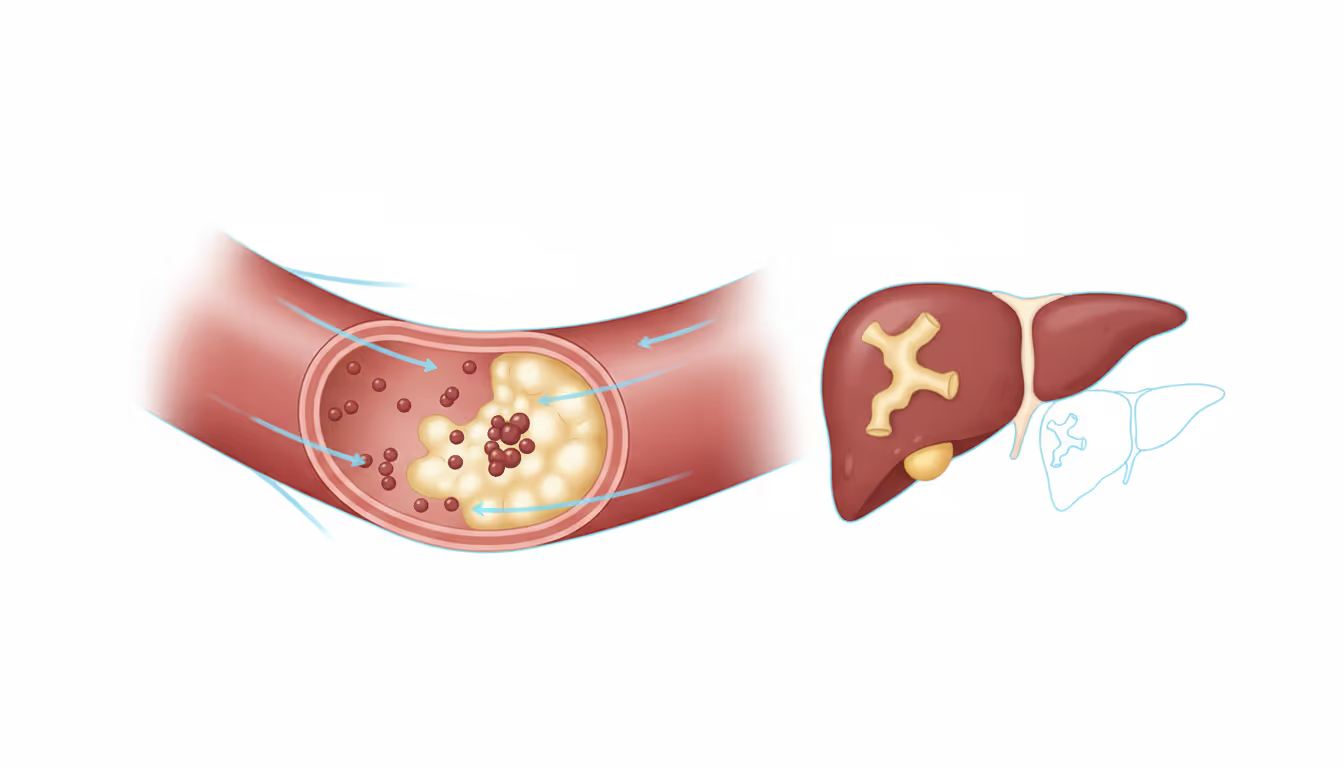
Hypercholesterolemia is characterized by elevated blood cholesterol levels. It can occur without a family history or as a hereditary condition. Familial hypercholesterolemia is a prevalent inherited form of hyperlipidemia, which involves high levels of fats or lipids in the blood. This condition increases the risk of early cardiovascular issues, including heart attacks at a young age. By the age of 60, around 50% of men and 33% of women experience a cardiovascular event. Individuals with familial hypercholesterolemia can lower their risk by following a strict low-cholesterol diet under medical guidance and may also require medications to manage their cholesterol. Familial hypercholesterolemia can be identified early in life. Children and other relatives who might be at risk can undergo screening for this condition. The disorder is caused by a genetic mutation affecting the receptor for low-density lipoprotein (LDL) on cell surfaces. For more information, see hyperlipidemia.




